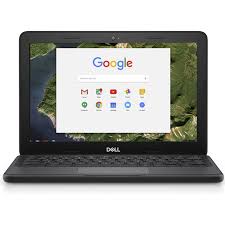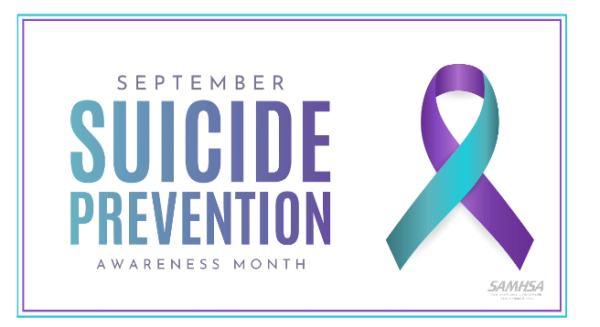1:1 Digital Access Powers Through HMHS

Photo Credit: bhphotovideo
October 23, 2019
An ongoing technological debate has made its way through the Haddonfield School District, yet never truly been addressed. Arguments on both sides seem to be equally valid, yet it is important to eventually discuss the issue, which is…Chromebooks.
Chromebooks were first introduced to the middle school two years ago and have since filtered to the freshman and sophomore classes at HMHS. After two years of implementation questions still persist: are they effective and helpful to students’ learning process? How can they be efficient when only half of the school has access to them? These are some of the questions we will try to answer.
These devices will soon be mainstreamed throughout the Haddonfield School District, but how helpful are they? The truth is they improve learning in multiple ways. For those who have them, it helps organize information, saves paper, opens new websites to learn from, and more. Encore Data, an education-based marketing website, observes that Chromebooks help share ideas and make it easy for students to transfer work from school to home. These devices also improve students’ technological skills which are very important, considering how quickly society is advancing. Encore Data also points out how easily teachers are able to observe and comment on work, giving them more time to spend on improving students’ knowledge. Griffin Adams, a freshman, expands on the benefits, “Chromebooks in the middle school helped me a lot and made learning a lot easier because I had resources at my fingertips, I think that Chromebooks will be beneficial to everyone. Although connection is not always good and there are slight problems, the pros outweigh the cons. We think of it as normal when really it is a privilege to have them.” Adams makes a good point: many schools are not fortunate enough to even consider Chromebooks, which makes the spat over their significance seem ridiculous.
Although Chromebooks were previously introduced as perfect, they have a hidden menace behind their pristine surface. According to WVEA.org, an education-based association, focused on improving the quality of public school learning- the average teen spends at least nine hours on devices every day. This can severely harm one’s brain, especially a teenager who’s mind is still developing. Chromebooks only contribute to this issue as students use them in every class. Economictimes.com reports that prolonged screen time leads to extreme anxiety and possible depression. This along with daily school and social media stress skyrockets the chances of students experiencing anxiety. According to this website, not only do devices heighten anxiety, but they also shorten one’s attention span. Everything on the internet is fast and one click away, lowering patience for non-electronic (i.e. human) things.
In addition, Chromebooks seem to be financially ineffective. Ann Haas, a sophomore, expresses her opinion of how unhelpful Chromebooks truly are. She elaborates, “I don’t think that we need Chromebooks because the teachers barely use them and it’s a waste of money because a lot of students already have their own computers and there are computers in the library, the money could be better spent.” A study by the Pew Research Center states that 88% of teens have access to laptops at home, making Chromebooks seem quite unnecessary. As well as this Chromebooks lay out an extra expense that, as Haas pointed out, could be put towards a more important cause.
To those who have learned with Chromebooks for several years, they become a normal basis for education. Yet the point of view of those who have never used Chromebooks is important to consider as well. They can provide the benefits and downfalls of not being accustomed to using paper rather than technology. Katie Poliero, a junior, describes her experience and perspective of Chromebooks, “When I first heard about freshmen getting Chromebooks, I was a little upset because I felt like life would’ve been a lot easier having a Chromebook, I found myself running to the library sometimes between periods to go to a computer or having to format something on my phone and it being weird. However, beyond the purposes of what I can get done in the computer lab during my study halls their not as necessary as they seem.” Poliero expresses the idea of Chromebooks being a magical phenomenon, but are they everything they are made out to be? They might not be. NPR.org, a news website, has evidence from a study explaining that taking notes by hand is more effective for memorization and focusing on main ideas. Two scientists performed an experiment by showing a TED talk to a group of college students. The students who used laptops took more notes but performed much worse when tested. This suggests that high school students that did not use constant technology would score better on major tests such as SATs, yet this is unknown for the revolution of technology in education is just beginning.
Technology is progressing at a rapid rate and has found its way into education across the world. It becomes more consistent in Haddonfield with the use of Chromebooks, making everything a click away. These devices have been addressed as advancements to our learning as well as useless objects that hold us back. Regardless of what the opinion on Chromebooks is, there is one consensus, we are living in a technological society. There is nothing we can do to halt the world from using devices in their everyday life. The question is do we as a school want to embrace this change or not? That is for you to decide.













